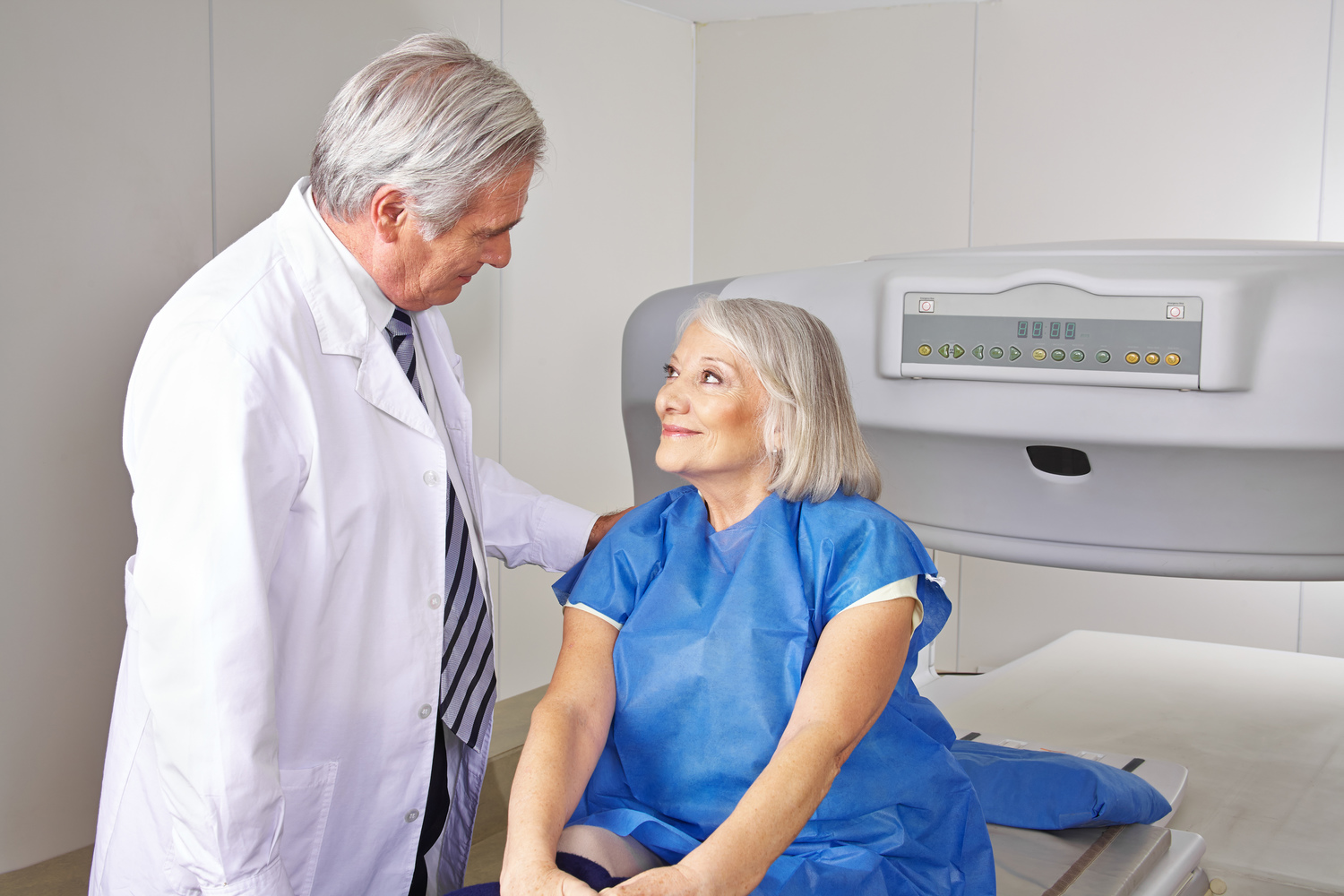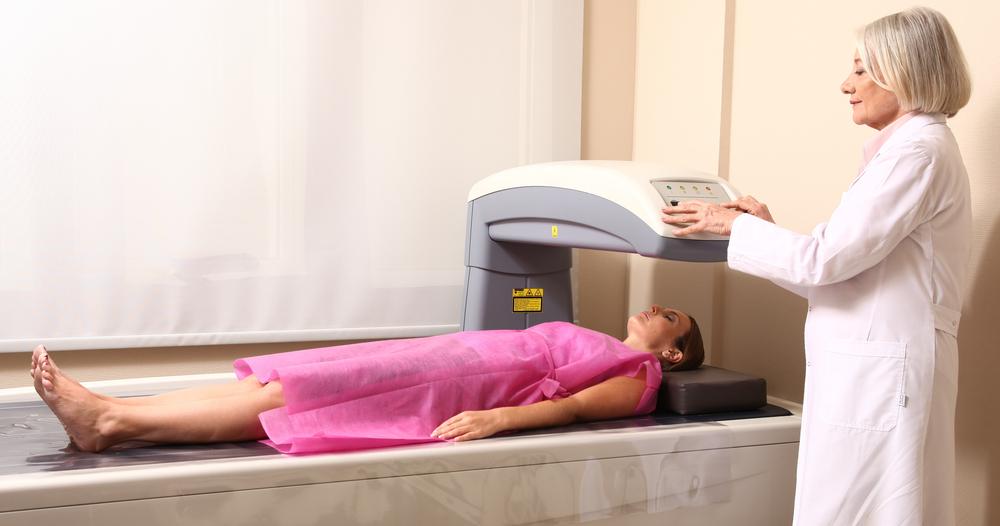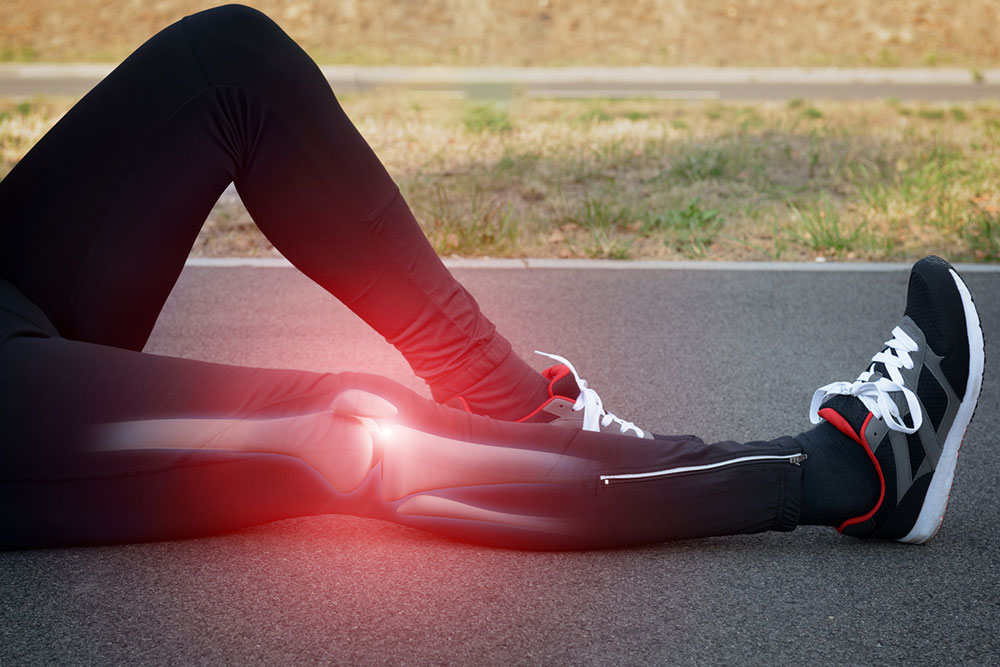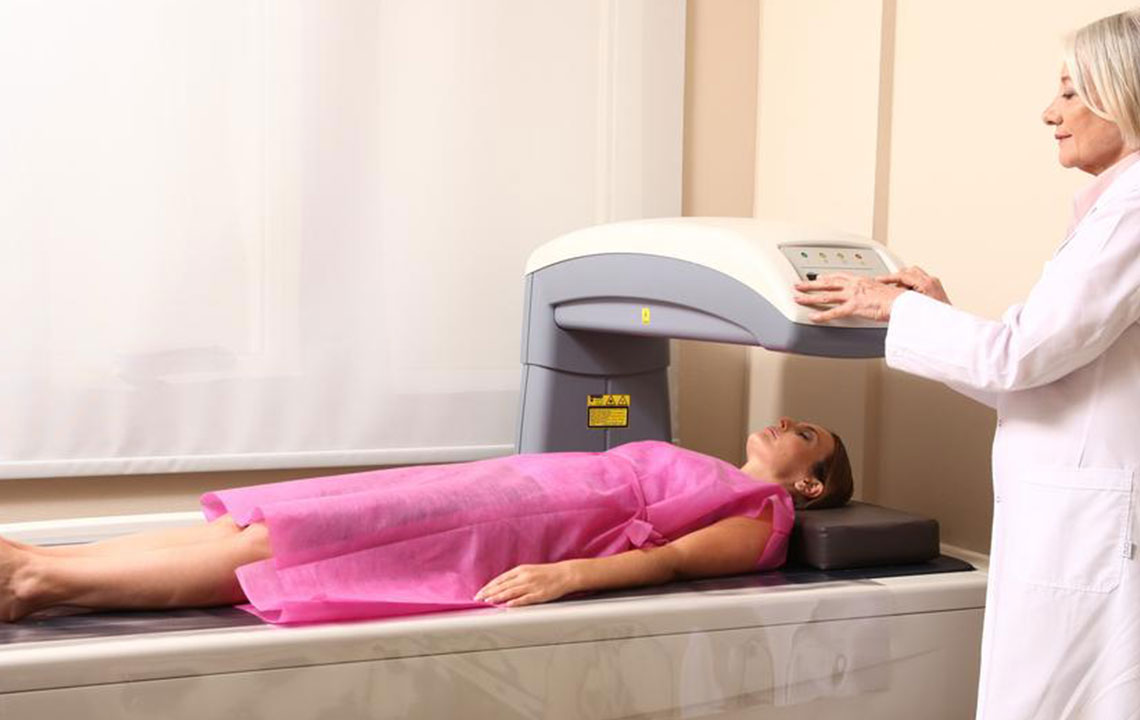Comprehensive Guide to Bone Density Assessments
This guide provides essential information on bone density testing, including methods, preparation, and when to get screened. It highlights how these tests help detect osteoporosis, evaluate fracture risk, and inform preventive care for at-risk populations, especially older adults and women. Understanding your bone health through regular assessments can lead to early intervention and improved quality of life.
Sponsored
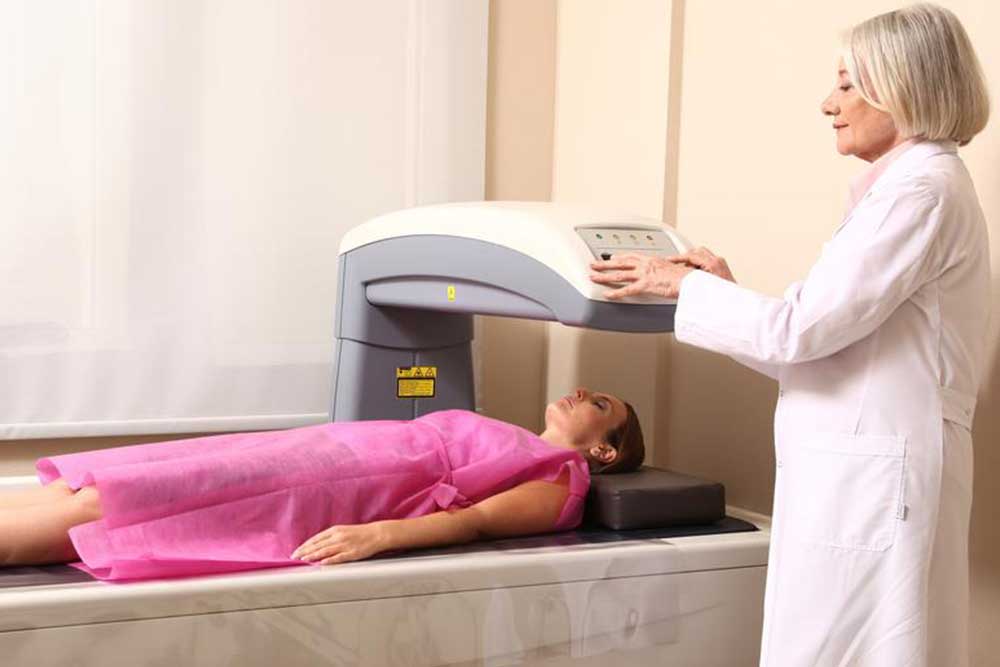
Bone density, also known as bone mineral density, indicates the strength and health of your bones. A bone density test evaluates how dense your bones are, helping to detect conditions like osteoporosis. The U.S. Preventive Services Task Force recommends women aged 65 and older, as well as younger women at risk of fractures, should have this screening. For men, it's advised starting at age 70. Although data is limited for men, some guidelines suggest similar screenings for older males.
What is a bone density test?
It measures the mineral content, mainly calcium, in your bones. Several methods are used, with DEXA scans being the most accurate.
Dual-energy X-ray absorptiometry (DEXA) is the preferred method for assessing bone density. It uses low-dose X-rays to provide precise measurements. There are two types: Central DEXA, which examines the hips and spine, and Peripheral DEXA, which targets wrists, legs, heels, and finger bones. Before testing, avoid calcium supplements for 24 hours, and remove any metal objects. The procedure is painless and non-invasive. Bone density tests reveal:
Bone deterioration and wear
Presence of osteoporosis and medication effects
Fracture risk assessment
Results are expressed as T-scores, comparing your density to a healthy young adult, and Z-scores, comparing to peers of similar age. Negative scores indicate weaker bones, with more negative values signaling higher fracture risk.
Frequency of testing
Women over 65, especially those at risk for osteoporosis or on steroid therapy, should get tested regularly. Repetition intervals range from 2 to 15 years, depending on individual health factors. Your doctor will advise based on your medical history and bone health status.
Summary
Women aged 65 and above, individuals on steroid medication, transplant patients, or those experiencing hormonal changes should consider bone density assessments to prevent fractures and maintain bone strength.


